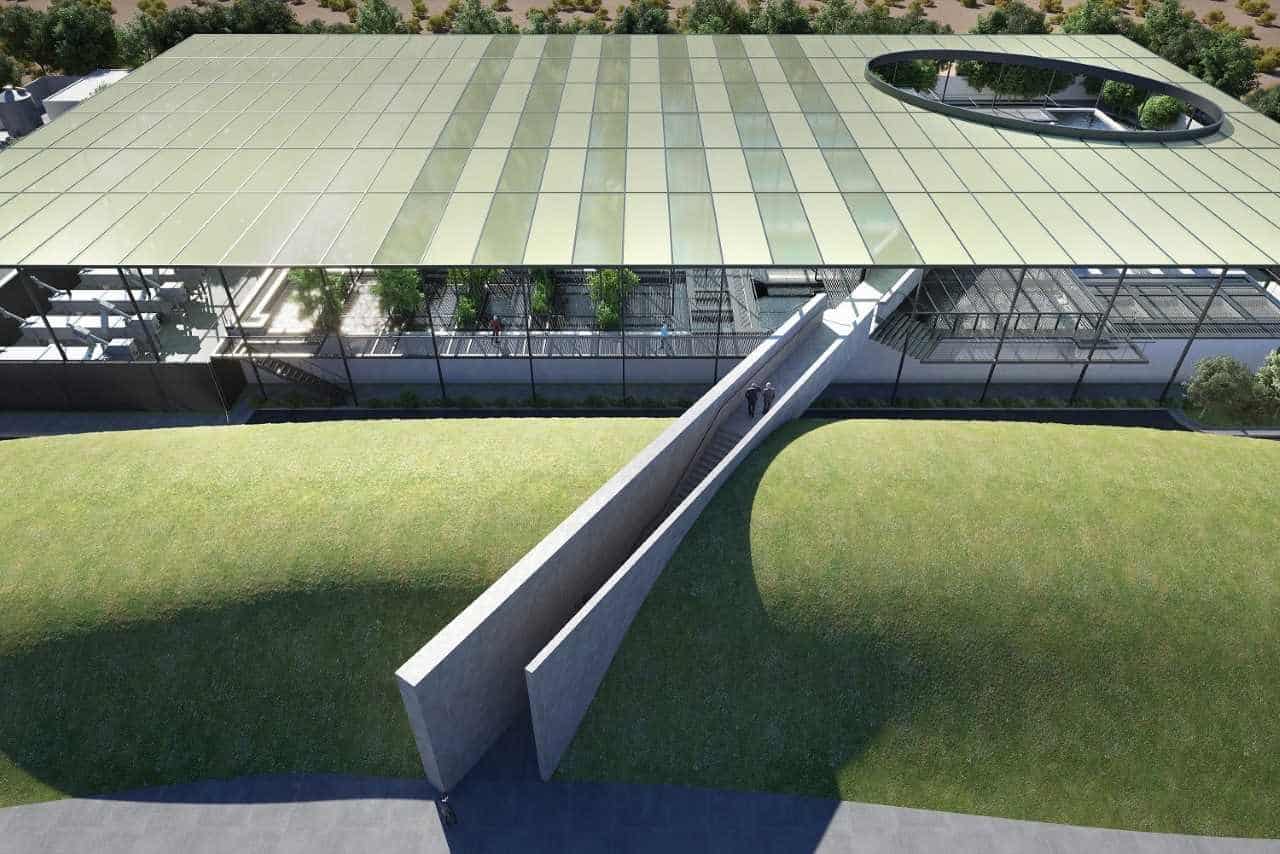SHARJAH, UAE– Arada is investing in a new research and development (R&D) facility here, bringing a new form of sustainable water treatment to the UAE, and the Middle East, for the first time.
Arada’s joint venture agreement is with Hungarian water tech firm Biopolus, Sharjah Research Technology and Innovation Park (SRTIP), and a leading global provider of water management solutions Metito.
It is designed to develop and implement upgraded versions of the existing Biopolus technology, allowing them to be patented, tested and integrated within projects in Sharjah.
The R&D facility is designed to be a living, learning laboratory that can serve as an inspiring and innovative space for students and researchers to study ecological engineering and circular economy principles in a practical and hands-on manner.
The long-term goal for the facility will be to create an improved ‘Biopolus 2.0’ version of the technology, while also turning Sharjah into a global hub for the process.
The agreement will also result in the construction and operation of a water treatment plant that will treat, recycle and produce treated water to use for the irrigation of landscapes in both Aljada and SRTIP.
The plant will use the Biopolus Metabolic Network Reactor (MNR) technology, a biological engineering process that mimics natural processes by using artificial root structures containing microbial biofilms to clean water rapidly, efficiently, sustainably and without the use of chemicals.
Ahmed Alkhoshaibi, Group CEO of Arada, said, “With COP28 being held in the UAE later on this year, we believe it’s important that private-sector companies commit to supporting the government by introducing greener and more sustainable technologies and processes wherever possible.”
He said, “This partnership is in line with one of Arada’s key goals: to be a leader in the field of sustainable development. Trees and green landscaping play a central role in all of Arada’s communities, and it’s vital that these areas can be nourished in a sustainable and environmentally friendly manner.”
Hussein Al Mahmoudi, CEO of Sharjah Research, Technology, and Innovation Park, said, “Effective water reuse is of primary importance, especially in a part of the world where water scarcity is such a critical issue.”
He said, “We are delighted that Sharjah will now become a global hub for a technology that has huge potential to conserve this precious resource. We’d like to welcome Biopolus to the UAE and thank our valuable partners at Arada and Metito for their role in this critical partnership.”
The modular, flexible, and odor-free nature of the Biopolus technology means that each plant can be placed directly in any urban environment and can be designed in an attractive manner that blends in with its surroundings.
As a result, the first plant in the Middle East is based on a 9,900 square meter plot on the boundary between SRTIP and the Aljada megaproject in Sharjah.
Known as a BioMakery, the state-of-the-art Sharjah plant is characterized by its unique architecture and green and leafy exterior.
Construction on the first phase of the Sharjah plant is currently underway and is scheduled to be completed in April 2024, with US engineering giant Jacobs serving as lead consultant on the project.
The first phase will have the capacity to recycle 5,500 cubic meters of water a day, with two further phases providing the capacity to recycle 16,500 cubic meters a day. Further plants are also planned to serve Arada’s other projects.
Arada and its partners hope to integrate a number of other processes into the Sharjah plant, including recycling, community functions, and energy recovery technologies.








